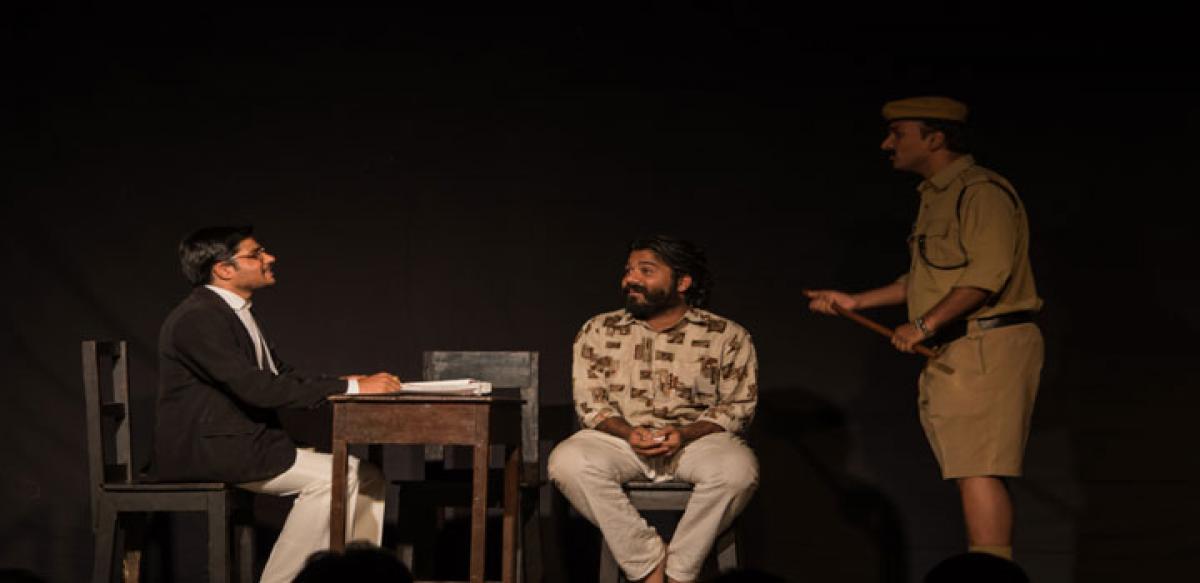Live
- AI Model Detects Residual Brain Tumors in 10 Seconds, Offers Real-Time Surgical Guidance
- Reliance and Disney Complete JV Deal to Strengthen Entertainment Presence in India
- UP Govt Agrees to Protesters’ Demand, PCS Exam to Be Held in One Day
- Trump’s Social Security Tax Promise Faces Hurdles: What Retirees Need to Know
- Strict Action Needed Against Attacks on Government Employees - Retired Employees
- Hyundai Motor India Limited Announces 2024 Edition of ‘Hyundai Always Around’ Campaign
- Minister for Environment, Forests, and Endowments Celebrates Karthika Pournami and Guru Nanak Jayanti
- World Quality Day: Hindustan Zinc Reaffirms Commitment to Superior Product Quality & Innovation
- Grand Kartika Purnima Celebrations at Nagar Kurnool’s Saraswati Shishu Mandir
- Children’s day celebrations, Karnataka remnisences on Nehru’s contributions










